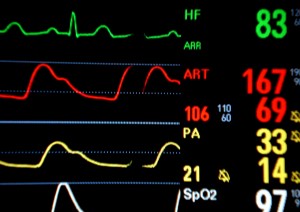
I read an article last week and just can’t stop thinking about it. The article, posted in the New England Journal of Medicine, is a case study of a patient at Massachusetts General Hospital. Briefly, the case study tells the story of a woman who suffered a blood clot that traveled to the lungs and prevented oxygen from getting to her brain. While ventilators kept her heart beating, the patient was officially diagnosed as brain dead. Despite this poor prognosis, the patient’s husband and parents requested that the woman be kept alive so she could undergo egg banking.
As you may know, egg stimulation requires hormone stimulation for at least two weeks. While there are some cases of sperm banking when men are in comas, or even after death, these procedures take a matter of minutes. Since egg banking would take weeks, the doctors at Massachusetts General Hospital decided to bring a variety of experts in on the case to decide the ethics of keeping the brain-dead woman alive for two weeks in order to stimulate her ovaries to produce eggs. They examined the legal, ethical, historical, medical, and personal issues in the compelling case
In the end, the doctors made a decision based on the best interests of the woman. I won’t give away the ending but I highly suggest thateveryone interested in fertility preservation read the article attached here:

